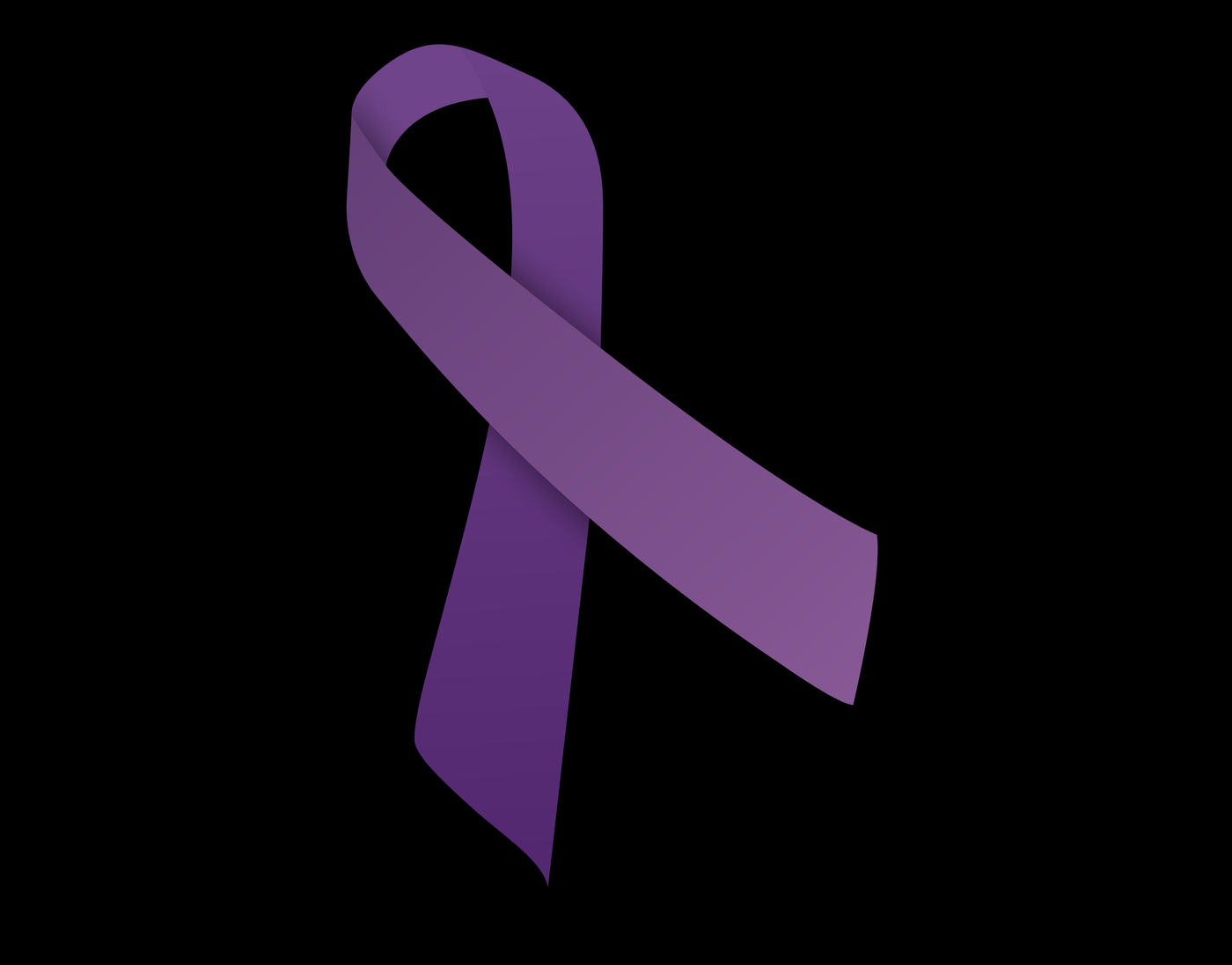Healing Together: The Power of Community Resources for Trauma Survivors
In a world where trauma can leave lasting scars, seeking help and support becomes paramount for healing. Trauma, whether stemming from a singular event or prolonged exposure, can deeply impact an individual's mental, emotional, and physical well-being. However, the journey towards healing doesn't have to be solitary. Community resources play a vital role in aiding and supporting trauma survivors, offering pathways to resilience and growth. In this blog, we delve into the significance of individuals who have experienced trauma seeking assistance from community resources and how it can positively impact their lives.
1. Breaking the Silence
One of the most significant barriers trauma survivors face is the silence surrounding their experiences. Many individuals grapple with feelings of shame, guilt, and fear, which can prevent them from reaching out for help. Community resources provide a safe space for survivors to break this silence, offering non-judgmental support and validation. Whether through support groups, hotlines, or counseling services, these resources create opportunities for survivors to share their stories and connect with others who understand their struggles.
2. Validation and Empowerment
Trauma can leave survivors feeling isolated and misunderstood, but community resources offer validation and empowerment. Through peer support networks and advocacy groups, survivors can find validation for their experiences and realize that they are not alone in their journey. Additionally, access to education and information about trauma-informed care equips survivors with the knowledge and tools to advocate for themselves and navigate their healing process effectively.
3. Access to Holistic Support
Healing from trauma requires a holistic approach that addresses the complex interplay of physical, emotional, and social factors. Community resources offer a range of support services tailored to meet survivors' diverse needs. From counseling and therapy to legal assistance and housing support, these resources provide comprehensive care that addresses the multifaceted impacts of trauma. Moreover, by collaborating with healthcare providers, social services, and other community stakeholders, these resources ensure that survivors receive coordinated care that fosters their overall well-being.
4. Building Resilience and Connection
Perhaps most importantly, community resources play a crucial role in building resilience and fostering connections among trauma survivors. By participating in support groups and community events, survivors can cultivate a sense of belonging and camaraderie that empowers them on their healing journey. These connections serve as sources of strength and inspiration, reminding survivors that they have a supportive community rallying behind them. Through shared experiences and mutual support, survivors can navigate their healing process with greater resilience and hope for the future.
Trauma survivors often face immense challenges on their journey towards healing, but they do not have to face them alone. Community resources offer a lifeline of support and assistance, empowering survivors to reclaim their lives and thrive beyond their traumatic experiences. By breaking the silence, providing validation, offering holistic support, and fostering connections, these resources play a vital role in promoting healing and resilience among trauma survivors. Together, as a compassionate and supportive community, we can create a world where trauma survivors are heard, valued, and empowered to live their lives to the fullest.

